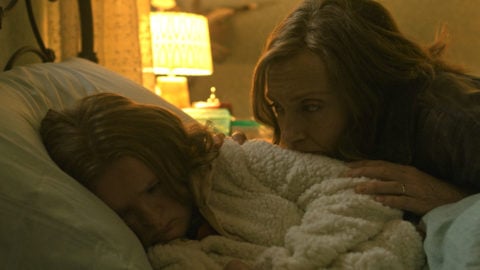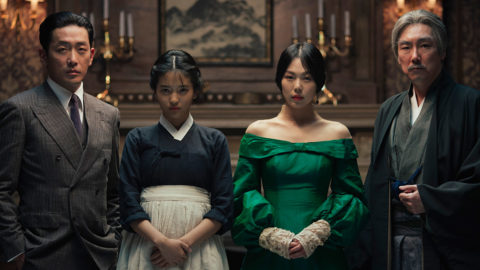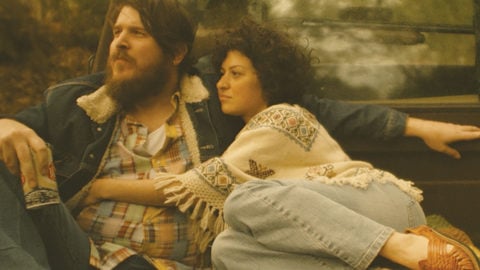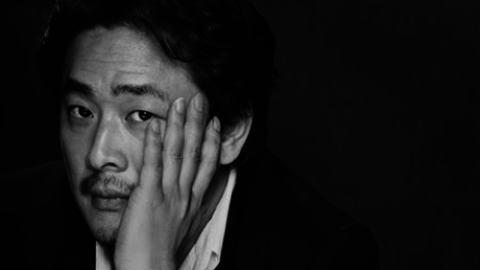News to Me: Ari Aster, Park Chan-wook, Kimberly Peirce
Ari Aster’s Next Film
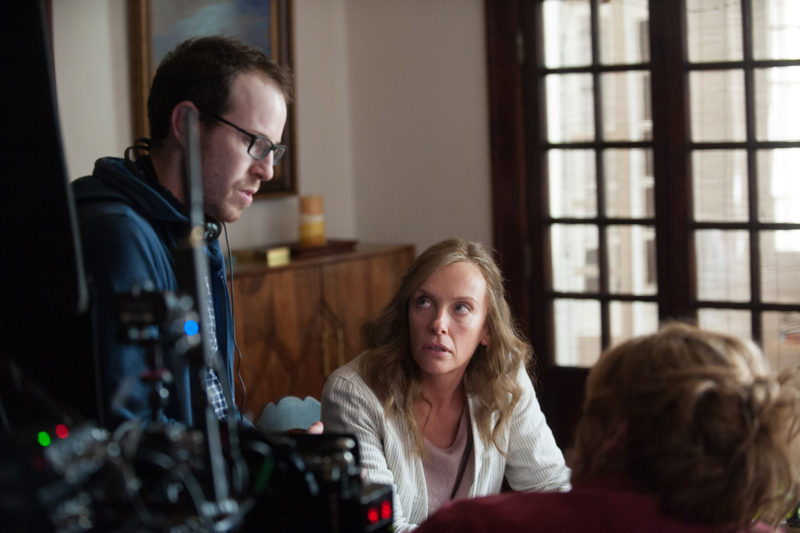
Ari Aster’s debut feature Hereditary entered wide release last Friday, but pre-production is already underway on his next project, tentatively titled Midsommer.
“It’s an apocalyptic breakup movie,” Aster told us at his Film Comment Talk last Thursday at the Film Society of Lincoln Center, on the eve of Hereditary’s premiere. The story follows a young couple visiting an isolated Swedish village; over the course of their vacation, they discover that its residents participate in an eccentric set of seasonal traditions. The recent death of the main character’s parents casts a sense of dread over the proceedings.
Midsommer seems a logical heir to the fraught familial dynamics of Hereditary, whose supernatural terrors are sparked by the death of a matriarch. The new film would also form a through-line with Aster’s earlier shorts, many of which depict complicated relationships between parents and children, including Beau (2011), Munchausen (2013), and perhaps most notably, his unsettling Oedipal piece The Strange Thing About the Johnsons (2011).
By way of its setting in Sweden, the story presents an opportunity for Aster to engage more directly with his influences. The director has noted the formative role that Ingmar Bergman has played in his creative endeavors. “Cries and Whispers was a film I screened for the Hereditary crew,” he recalled. “For my money, I think it’s the best film I’ve ever seen about suffering, and ultimately, Hereditary is a film that takes suffering seriously.”
“There’s a real emotional brutality to Scenes from a Marriage that was on my mind,” he added. “It has these monologues that seem to make it into every Bergman film, usually a man decimating a woman. In the case of Hereditary, there are things said that can’t be unsaid. It’s people purging things, but ultimately, it doesn’t really solve anything.”
This week, Aster travels to Hungary, which will stand in for Sweden during the shoot for Midsommer. He is gearing up for a summer of in-depth preparation, with a heavy emphasis on production design: a significant item on the to-do list, he told Film Comment, is the construction of a 15-building village.
“I’m here in New York for the release of Hereditary, which has been amazing—but I shouldn’t actually be here right now,” he joked. Production on Midsommer is slated to begin in August.
Films on the Horizon
Park Chan-wook concluded a nearly four-month shoot on his first project for television, a miniseries adaptation of John le Carré’s The Little Drummer Girl. Led by Florence Pugh (Lady Macbeth), the 1970s-set thriller was filmed in Greece with an eye to a 2019 release . . . Kimberly Peirce is assembling the cast for This Is Jane, which centers on feminists who organized to offer abortion services prior to the Roe v. Wade ruling. Michelle Williams will star as the founder of the group, called the Jane Collective or simply Jane . . . And Gustav Möller, director of the emergency-services call center thriller The Guilty, has started writing his second feature, also a genre film. Although the story is still taking shape, Möller has said that it will differ from The Guilty in one obvious way: multiple locations.
Readings
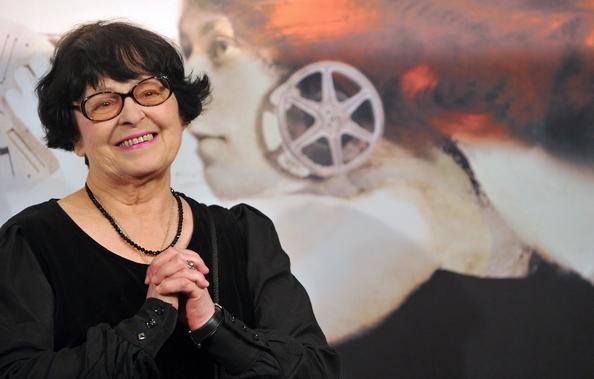
✸ Pioneering Ukrainian filmmaker Kira Muratova (The Asthenic Syndrome) passed away last week at age 83. Read this impassioned interview with Muratova from 2016, and Jonathan Rosenbaum’s essay on the occasion of a 2005 retrospective. Muratova appears in Sally Potter’s documentary on the representation of women in Russian cinema, I Am an Ox, I Am a Horse, I Am a Man, I Am a Woman, available for digital rental on Potter’s website.
✸ Le CiNéMa Club streams an Ari Aster spotlight collection through June 14, featuring his shorts Basically and Munchausen alongside a list of five favorite films he recommends seeking out. You can find it all on Le CiNéMa Club’s website.
✸ In the quiet wake of the Cannes premiere for Terry Gilliam’s The Man Who Killed Don Quixote, it’s worth looking back on another Cervantes-inspired mix of myth and modernism, Bruce Baillie’s Quixote. Posted on the artist’s own YouTube page, Baillie introduces his film with a brief excerpt from the 1605 novel: “He now came to a road branching in four directions…”
✸ MUBI and FILMADRID festival have announced the collaboration “The Video Essay,” an online spotlight examining the medium’s myriad artistic ways of animating film history. Seven selections, including video essays on “Marker and Mizoguchi’s Ghosts” and the relationship between telephones and social class in Italian cinema, will run on MUBI and FILMADRID’s websites through June 17.



